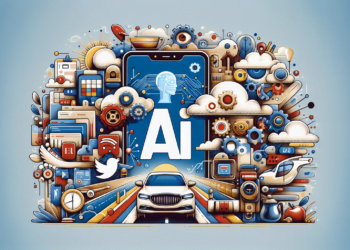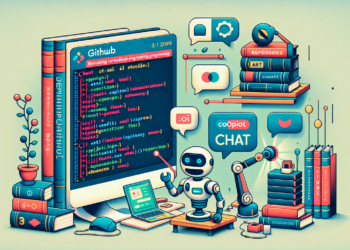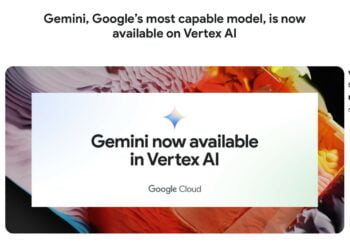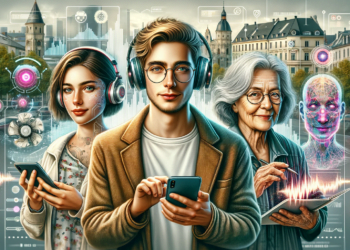In the realm of programming and software development, OpenAI Codex stands out as a groundbreaking innovation, heralding a new chapter in the interaction between artificial intelligence (AI) and coding. This article provides an in-depth look at OpenAI Codex, exploring its inception, functionality, practical applications, and the ethical and professional implications of its use.
What is OpenAI Codex?
OpenAI Codex is an advanced AI system developed by OpenAI, a leading organization in artificial intelligence research. Codex is renowned for its ability to understand and generate code across a wide range of programming languages. It is built on the same language model architecture as GPT-3 but is specifically fine-tuned to grasp and write code, offering a powerful tool for programmers and developers.
The Technology Behind OpenAI Codex
The effectiveness of Codex lies in its foundation on deep learning language models, which have been trained on a massive amount of public source code and other related texts. This enables it to not only comprehend programming languages but also interpret instructions in natural language, making it more accessible to users without programming experience.
Innovations and Capabilities
Codex can autocomplete code, translate instructions in natural language into code, and even write complete programs based on detailed descriptions. Its ability to work with multiple programming languages and frameworks makes it exceptionally versatile. Moreover, Codex is capable of learning and adapting, improving its performance as it is exposed to more code examples and usage.
Applications in Software Development and Beyond
The applications of OpenAI Codex are vast and varied. For developers and programmers, it acts as a highly efficient coding assistant, reducing the time and effort needed to write and debug code. In education, it is used as a tool to teach programming, providing real-time examples and helping students grasp complex concepts. Additionally, for non-programmers, Codex offers an accessible way to automate tasks and develop tailored software solutions without the need for in-depth technical training.
Ethical and Professional Challenges
Despite its numerous benefits, OpenAI Codex presents ethical and professional challenges. There is concern about how it might affect the developer job market, potentially reducing the demand for basic coding skills. Furthermore, questions arise about the quality and safety of AI-generated code, especially in contexts where precision and reliability are critical.
The Future of OpenAI Codex
The future of Codex looks promising, with the potential to further transform the field of programming and software development. As it improves its ability to generate more sophisticated and secure code, it could become an indispensable tool in any developer’s arsenal. Moreover, its capacity to democratize access to programming has the potential to drive a wave of innovation across multiple sectors.
Conclusion
OpenAI Codex represents a significant milestone in the merger of AI and programming. It offers a new way to interact with code, easing the process of software creation and unlocking a vast range of applications. As it continues to evolve, Codex is not only changing how we program but also redefining who can program, ushering in a new era in software development technology.






















